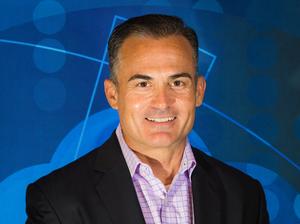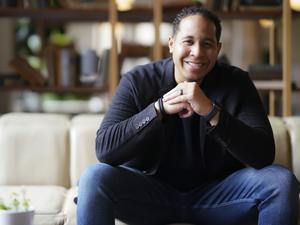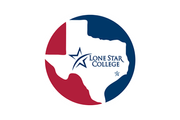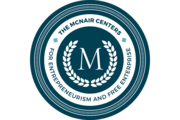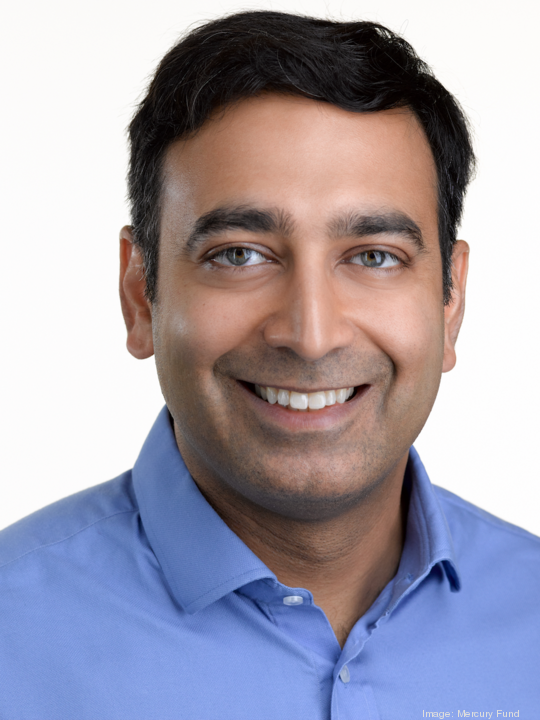
A local venture capitalist is joining a Department of Commerce initiative to grow the nation's innovation economy.
In late May, U.S. Secretary of Commerce Gina M. Raimondo announced reestablishing the National Advisory Council on Innovation & Entrepreneurship to create a national strategy to strengthen U.S. entrepreneurship and startup development. The federal advisory committee is managed by the U.S. Economic Development Administration’s Office of Innovation and Entrepreneurship.
Among the 32 experts selected from more than 260 nominees nationwide is Aziz Gilani, general partner and managing director at Houston-based venture capital group Mercury Fund.
Gilani spoke with the Houston Business Journal about some of his goals during his two-year tenure as a NACIE voting member.
Tell us about the reestablishment of NACIE and joining this committee. It first got set up in 2010 and then lapsed for four years under the previous administration. But it's back now here in 2022. I'll be serving a two-year term as a voting member on the board, which will be super fun.
We like to talk a lot about how the private sector is the primary driver of a lot of startup and innovation activity. But from my previous experience, like working on the Mayor's Task Force [on Innovation and Technology], there's a lot you can do with government to kind of kickstart and move some initiatives around.
I'm just really, really excited about what I think the federal government can do to kick some of this stuff off. I think there's an interesting Houston angle here, especially as we try to launch our innovation ecosystem here, as well.
What are some of your goals during your time with NACIE? The very first thing I did when I became a venture capitalist was I wrote a lot of studies about seed accelerators. Back when I was at the Kauffman Fellows Program, this was right when seed accelerators were first taking off. This is like YCombinator, Techstars, stuff like this. At Mercury, I actually led an investment into Techstars, so Mercury continues to be an investor in the Techstars ecosystem.
Watching the build-out of those seed accelerators was super interesting to me. And last year, Congress actually allocated a decent amount of funding to the establishment of regional innovation hubs. The Department of Commerce is helping out with that effort, and I'm interested in helping develop some of the strategy around that.
The Department of Commerce also oversees NIST, the National Institute of Standards and Technology. They're the folks who put out all the cybersecurity standards, which is something that I'm interested in, as well. I think that can help unlock a lot of opportunities for startups and for companies to help us because as we know, cybersecurity issues are just a big deal right now.
The third thing is: As we try to get more of these startup and innovation hubs up and running, anything we can do from the federal government's point of view to help concentrate efforts in non-traditional geographies is super interesting to me.
When I first got into venture capital, over 90% of VC dollars were happening in the Bay Area. That's a pretty lopsided figure. Over the last few years, we've seen some diversification happen in terms of where that innovation is getting unlocked. But anything we can get the federal government to do, either through the regional innovation hub program or through other procurement policies or anything else to help those startups get off the ground in other places I think is interesting.
Any takeaways from Houston you can bring to the group? Houston is a really diverse, complicated, sophisticated place. When you come from a place that has almost equal representation from every ethnic group, that covers a range of economic activities — everything from the port to energy to manufacturing — it really gives you a point of view that mimics what the rest of America is quickly becoming.
If I can help us focus on what America is becoming as a whole, as opposed to a point of view that's coming from just the coasts, then I think it's mission accomplished there. Because then, we're unlocking a lot more than just the two or three things that everyone's thinking about all the time.
This interview was edited for length and clarity.



